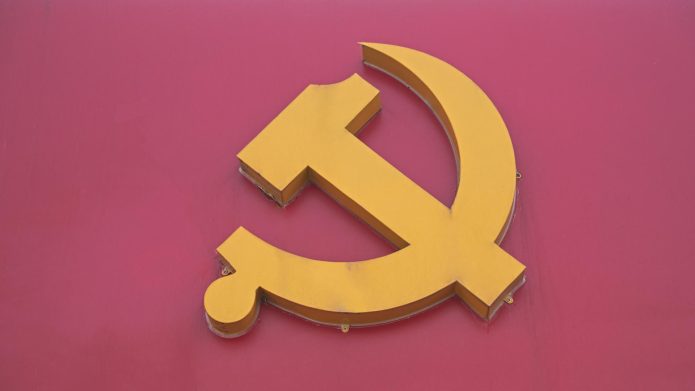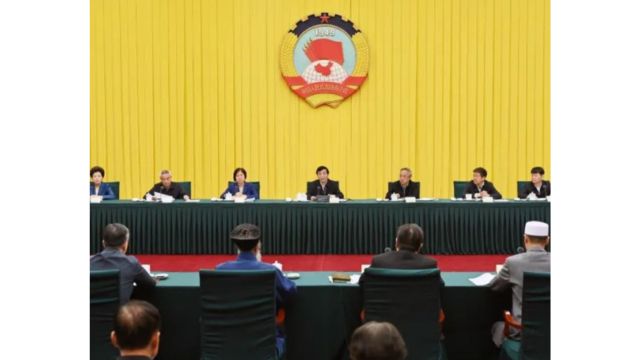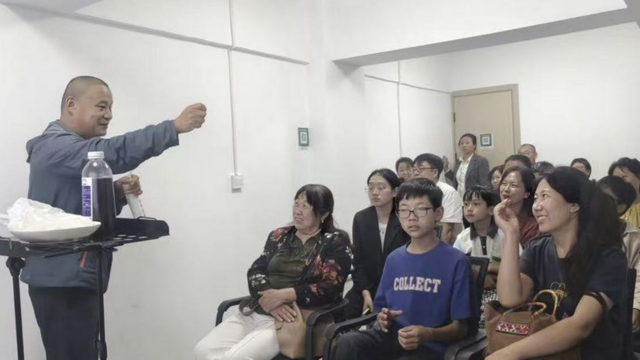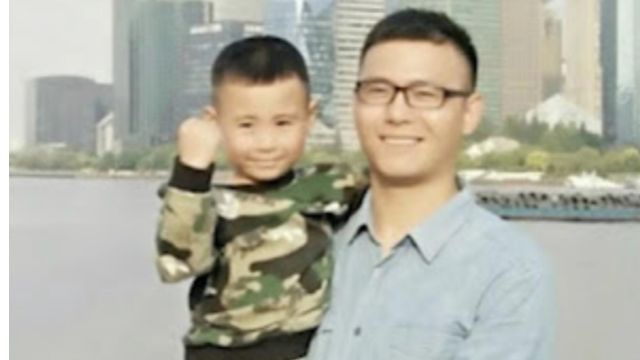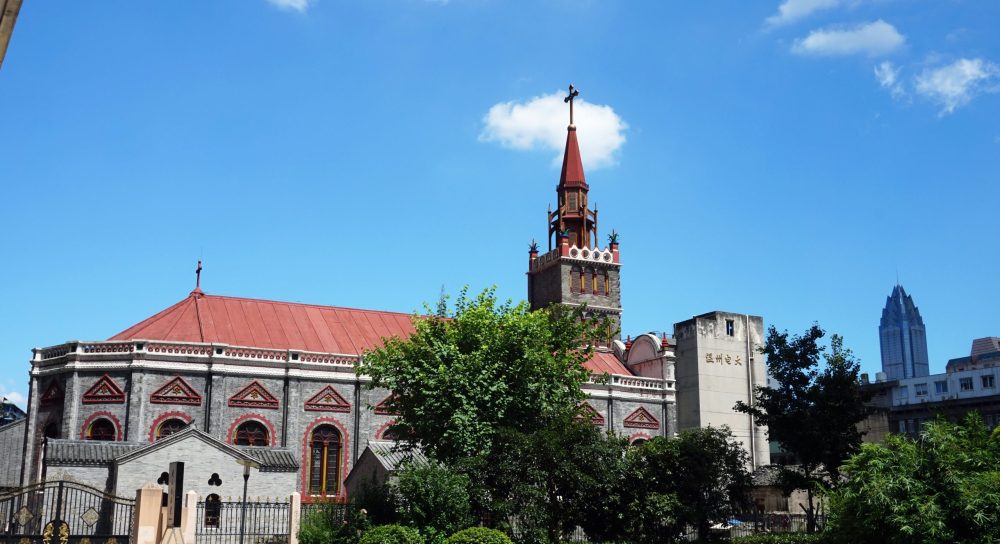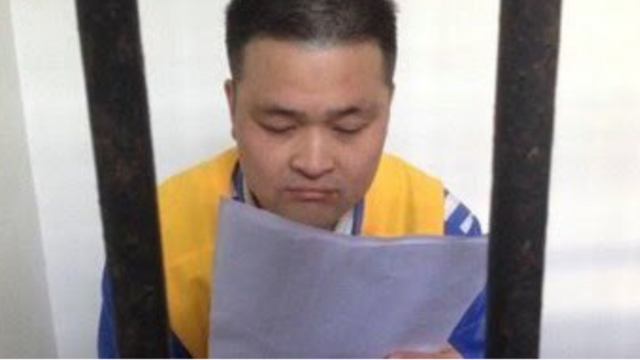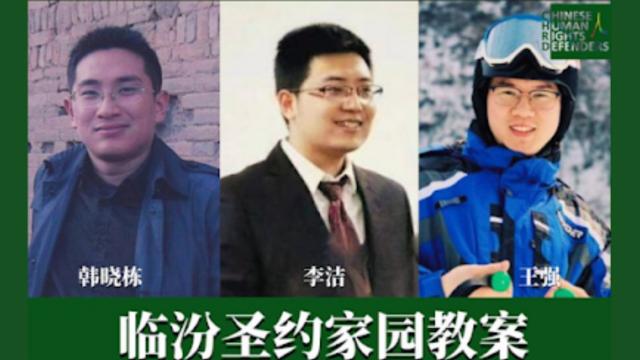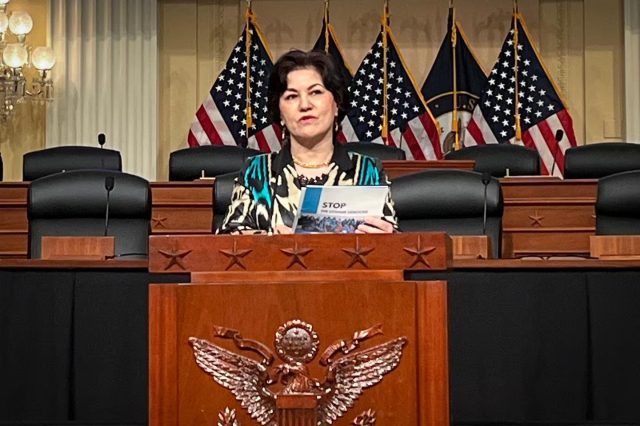Indoctrinated elementary school students are organized against “xie jiao” and “illegal” religion. The campaign raises serious ethical questions.
In a troubling display of state-sponsored indoctrination, a recent article published on the official Chinese anti- “xie jiao” website celebrates the mobilization of children in a propaganda campaign targeting “illegal religion” and groups labeled as “xie jiao”—a term the Chinese government translates as “evil cults.” However, scholars argue that the more accurate rendering is “groups promoting heterodox teachings.”
The event, held in the Baoshang District of Shanghai, featured children performing skits, reciting slogans, and participating in themed activities designed to instill fear and hostility toward religious minorities and spiritual movements deemed unacceptable by the state. The coverage is celebratory, describing the campaign as a “colorful summer gift” for youth—yet beneath the cheerful language lies a deeply unsettling reality.
Is it appropriate to enlist children in ideological warfare? More pointedly, can children meaningfully “resist heterodox teachings” without first being subjected to a systematic process of indoctrination? The answer, disturbingly, appears to be no. These children are not engaging in critical thinking or civic education—they are being trained to fear and reject entire categories of belief, often without understanding them.
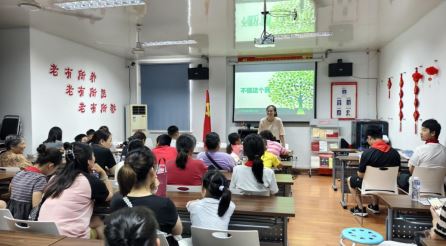
This raises serious ethical and legal questions. The use of minors in political campaigns—especially those targeting religious or spiritual groups—violates international norms on the rights of the child, including the United Nations Convention on the Rights of the Child, which China has signed and ratified. It also echoes darker chapters of history, where regimes weaponized youth to enforce ideological conformity.
The Chinese government’s campaign against “xie jiao” has long been criticized for its lack of transparency and its conflation of spiritual diversity with criminality. By involving children, the state not only deepens the stigmatization of targeted groups but also risks psychologically harming the very citizens it claims to protect.
China’s strategy of mobilizing children for ideological policing stands out as an egregious example of authoritarian control. It is time for the international community to ask: how many more children must be conscripted into these campaigns before we call them what they are—state-sponsored indoctrination masquerading as education?
Source: Bitter Winter





